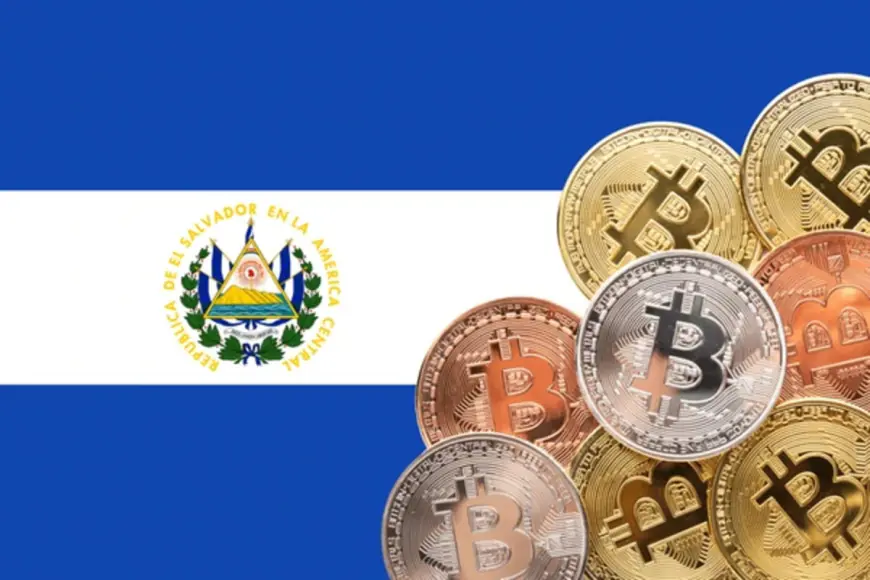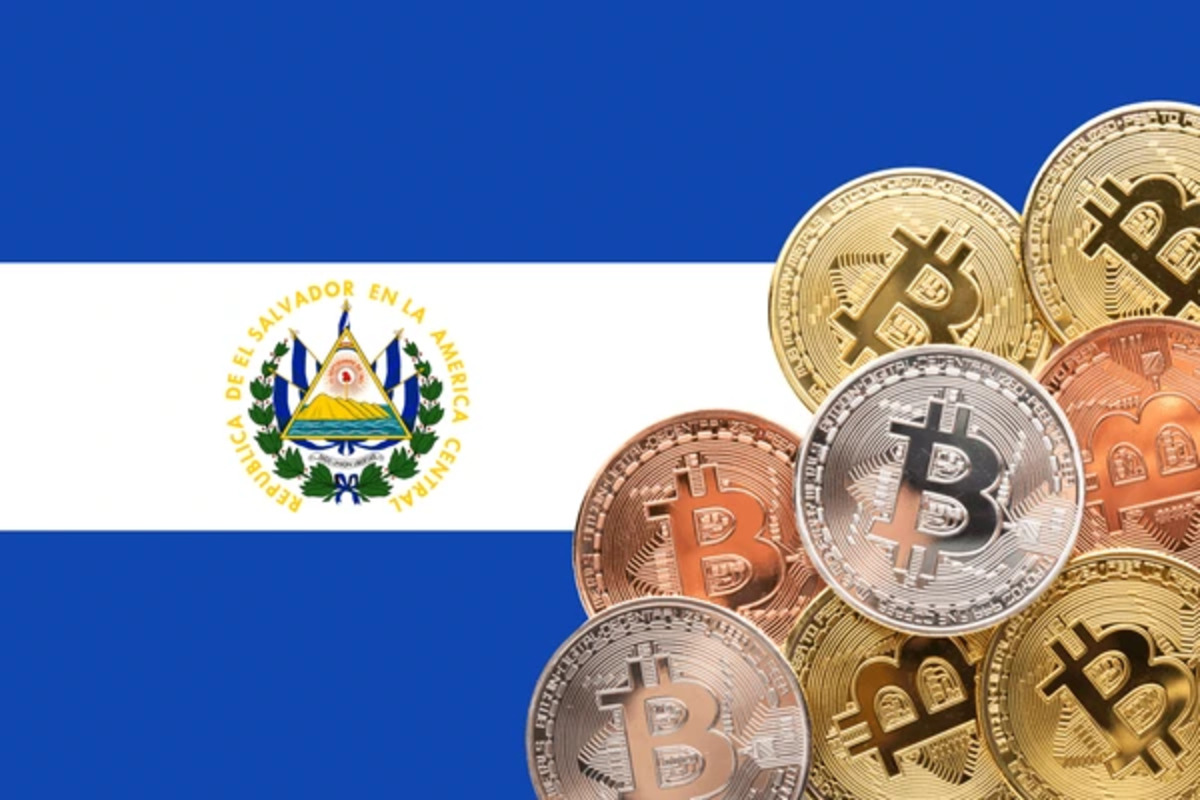El Salvador President’s Bitcoin Donation Supports School Construction in Honduras
President Bukele donated 2 BTC to fund 1,000 school constructions in Honduras, expanding El Salvador’s Bitcoin initiative. Despite legal BTC status, only 7.5% of Salvadorans use it for transactions, highlighting low adoption rates. Recently making news is El Salvador’s President Nayib Bukele’s 2 Bitcoin donation—valued at around $134,000—to help Honduras build 1,000 schools. This kind [...]


- President Bukele donated 2 BTC to fund 1,000 school constructions in Honduras, expanding El Salvador’s Bitcoin initiative.
- Despite legal BTC status, only 7.5% of Salvadorans use it for transactions, highlighting low adoption rates.
Recently making news is El Salvador’s President Nayib Bukele’s 2 Bitcoin donation—valued at around $134,000—to help Honduras build 1,000 schools. This kind of deed is a component of a larger project consistent with the continuing Bitcoin policy of the Salvadoran government.
Part of their long-term strategy to include cryptocurrencies into the national financial system, Bukele’s government has been buying one Bitcoin daily since March 2024. With about 5,913 BTC at present, El Salvador is more than ever committed to using Bitcoin for financial innovation and expansion.
JUST IN:
Nayib Bukele donated 2 #Bitcoin to help build 1,000 schools in Honduras
pic.twitter.com/IIFsGnJavC
— Simply Bitcoin (@SimplyBitcoinTV) October 23, 2024
International Interest in Bitcoin Bonds and Low Local Adoption
This project coincides with Bukele’s Bitcoin policies attracting international interest. According to CNF, President Bukele previously visited Argentina’s Vice President, Victoria Villaruel, in an official capacity.
Their conversations centered on policy connected to Bitcoin, notably El Salvador’s Bitcoin bonds project, which has attracted worldwide attention ever since the nation embraced Bitcoin as legal tender.
Villaruel showed interest in this initiative, therefore indicating a possible cooperation between Argentina and El Salvador in investigating the national benefits of national Bitcoin adoption.
Though Bukele’s administration has made great efforts to support Bitcoin, Salvadorans’ acceptance of the digital currency is still somewhat low. As we previously highlighted, only 7.5% of the population regularly uses Bitcoin for transactions, as of current estimates, therefore exposing a discrepancy between public use and policy.
Though Bitcoin has been accepted as legal money since 2021, many people are still reluctant or lack the means to really embrace the BTC in their daily lives.
President Bukele is still committed to reaching financial freedom for El Salvador by 2025. Through a self-financed budget, he seeks to lessen the nation’s dependence on external debt. Viewed as a tool for economic sovereignty and resistance against worldwide financial forces, this vision complements his more general attempts to include Bitcoin into the fabric of the country.
Although the government of Bukele wants El Salvador to be a global leader in cryptocurrencies, the road towards general acceptance and financial independence is still under development.
What's Your Reaction?









































































































